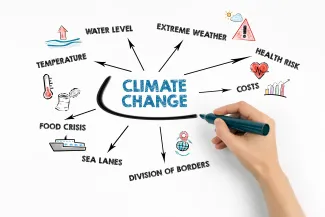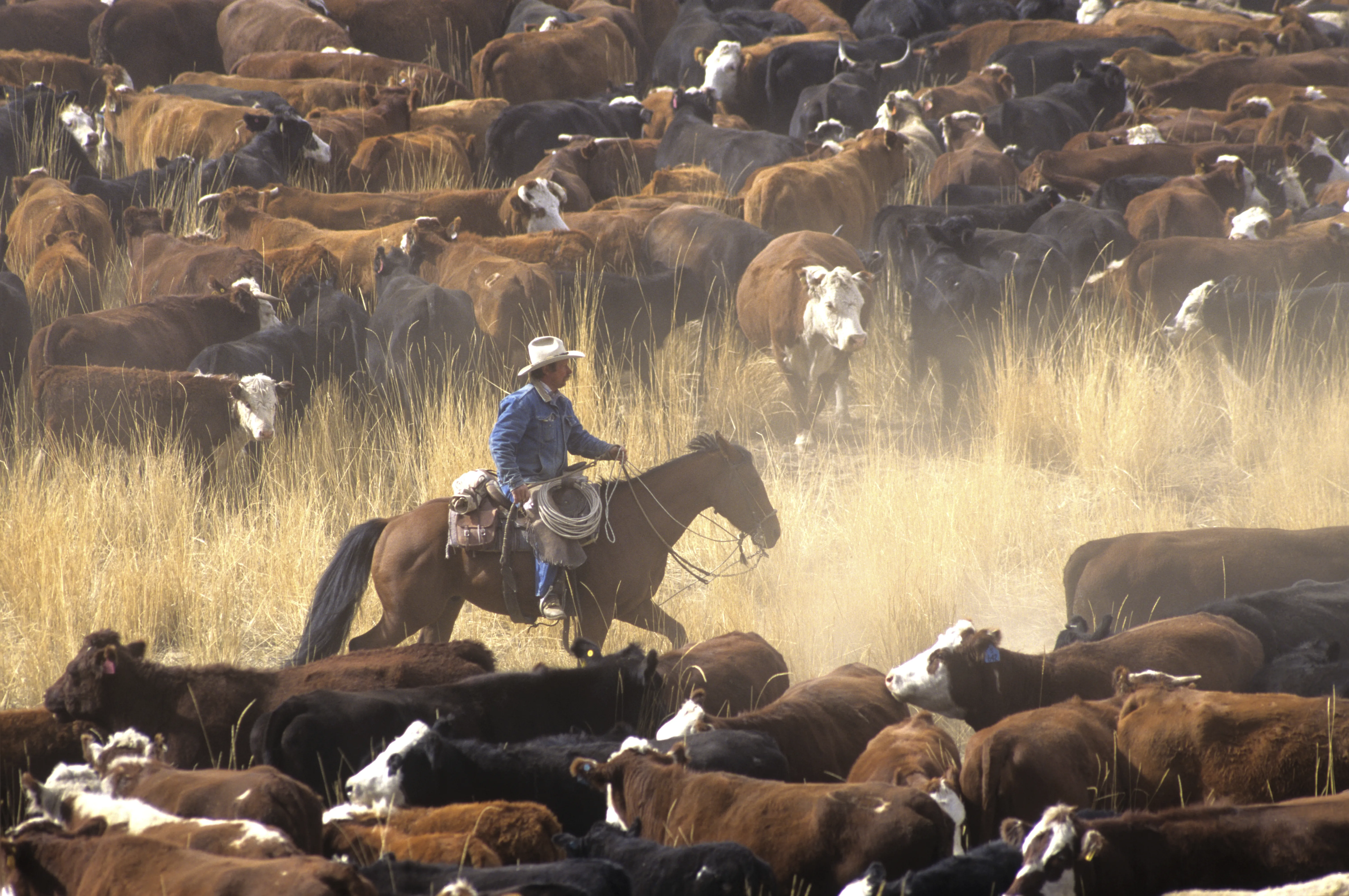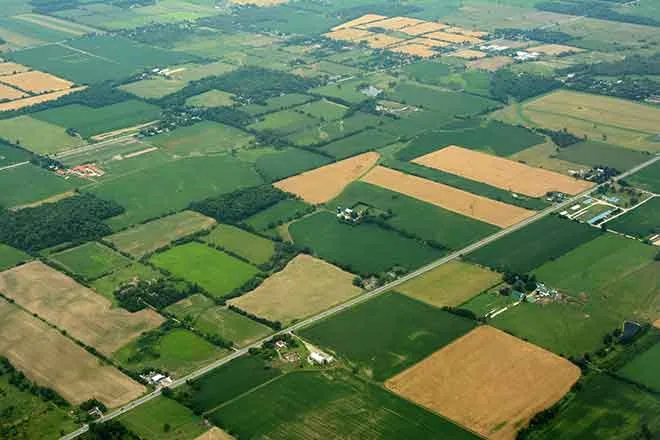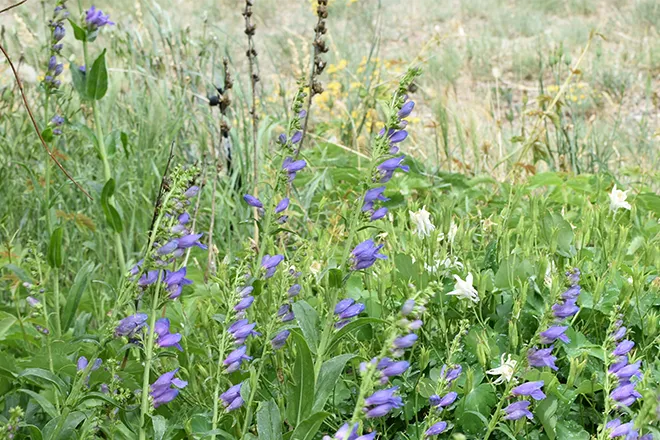
New Mexico groups work to improve soil health
Click play to listen to this article.
New Mexico's decades-long drought combined with climate change have more farmers and ranchers embracing the six healthy soil principles, tailoring how each parcel of land is managed.
New Mexico's farming practices date back at least 2,500 years but the state's Healthy Soil Working Group said the arid climate and diverse ecology make a one-size-fits-all approach ineffective.

Dave Dubois, climatologist at New Mexico State University, said the recent storm should improve this year's snowpack but farmers and ranchers must plan five or 10 years into the future.
"The scenarios from climate change models are showing warmer temperatures, hotter droughts and then more evaporation," Dubois explained. "How do you manage all that in a system where we still have agriculture as our cultural identity?"
Agriculture is the state's third-largest industry after energy and aerospace. The majority of New Mexico's farmland is heavily dedicated to growing grass, which feeds livestock, provides sod and serves as a cover crop to protect soil health between harvests.
Many factors contribute to soil degradation: intensive farming practices, deforestation, overgrazing, urbanization and erosion.
Ernest Diswood, a Navajo conservation leader, said using regenerative techniques, he has been improving his range soil since 2009.
"We're seeing, despite the drought now, about 21 species of grasses and we're probably between 700 to 1,000 pounds an acre," Diswood outlined. "For the Navajo Indian Reservation, that's usually a pretty good number."
Keeping soil covered is one of the six healthy soil principles.
Ralph Vigil, owner of Molino de la Isla Organics and an eighth-generation acequia farmer, changed his practices nearly 20 years ago. A lack of moisture led him to reduce the East Pecos land where he grows organic vegetables from five acres, to a half-acre. To improve the soil, he now uses drip irrigation and other conservation techniques.
"The acequia sees less water; I've done more cover-cropping to try to help build my soil, keeping my cover present at all seasons because (of) no snowpack, lack of rain and wind," Vigil emphasized. "Wind is beating us up and it doesn't go away. So, just trying to keep that soil covered at all times."
Significant cuts made by the Trump administration to the Natural Resources Conservation Service are expected to reduce climate-friendly programs nationwide.

















